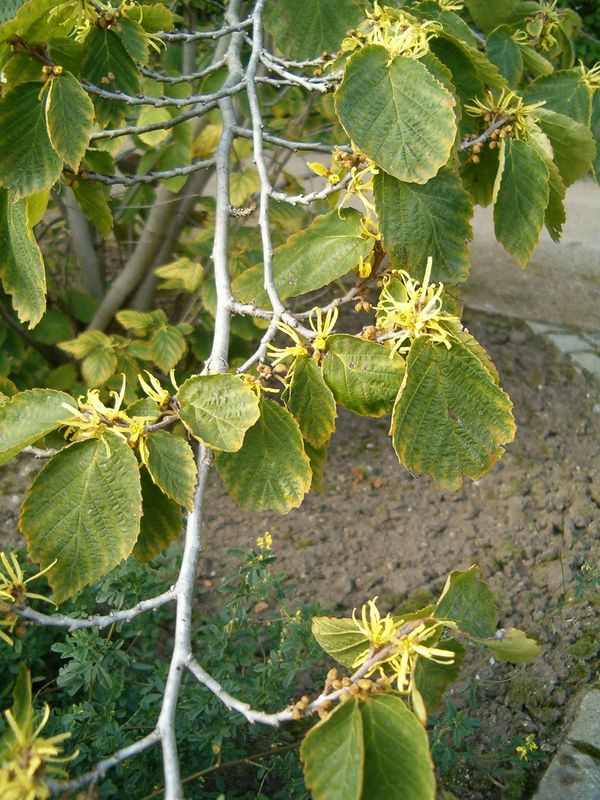Description
Ironweed (Vernonia glauca) is a native North American plant that is commonly found in moist areas such as riverbanks and wet meadows. It has tall, sturdy stems that can grow up to 7 feet in height. The leaves are dark green and lance-shaped, and the plant produces small purple flowers in late summer and early fall. Ironweed is a popular choice for gardeners and farmers because it is easy to grow and is drought-resistant.
Ironweed is a hardy plant that can tolerate a variety of growing conditions. It prefers full sun but can also grow in partial shade. It can be grown in a range of soil types, but prefers moist, well-drained soil. Ironweed is also winter hardy and can withstand freezing temperatures.
Ironweed is not edible, but it is a valuable plant for wildlife. It is a great source of nectar for butterflies, bees, and other insects. The seeds of the plant are also an important food source for birds.
Ironweed has a number of uses. It is a popular choice for naturalizing meadows and gardens, and can also be used as a cut flower. It is also a useful plant for erosion control and can be used as a natural fertilizer. Ironweed is also a popular choice for gardeners and farmers who are looking to create a habitat for wildlife.
